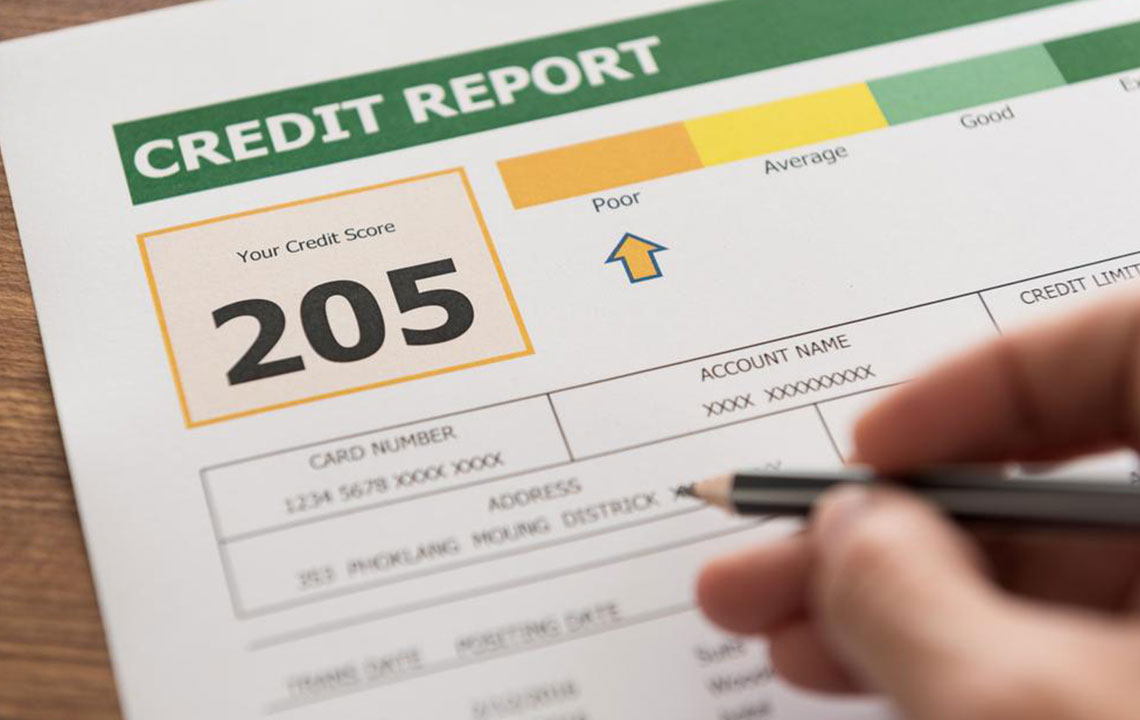Understanding Credit Checks and Their Impact
Learn about the different types of credit checks, their processes, and how they affect your credit score. Understand when hard and soft inquiries are performed and their implications for your credit health. This knowledge can help you manage your credit profile more effectively and avoid unnecessary score drops.
Sponsored

A credit check involves evaluating your existing credit accounts and verifying whether you've made timely payments without delays or defaults. Financial institutions like banks, credit card providers, and lenders perform these checks to determine your creditworthiness.
There are two main types of credit checks: hard and soft inquiries.
A hard inquiry is conducted by lenders such as banks or credit card companies before approving a loan or credit application. This usually occurs when you request a mortgage, auto loan, student loan, or credit card. Hard checks may temporarily lower your credit score and remain on your report for up to two years, though they often diminish over time with responsible payment history.
Conversely, soft inquiries happen when potential employers review your credit report during background checks or when you initiate certain financial activities like opening a bank account or renting an apartment. Soft checks do not impact your credit score and are generally used for background assessments rather than credit approvals.
Being aware of the differences between hard and soft credit checks can help you manage your credit profile effectively. Hard inquiries can influence your credit score, but they are often outweighed by positive payment history. Soft inquiries are routine and do not affect your credit standing.






